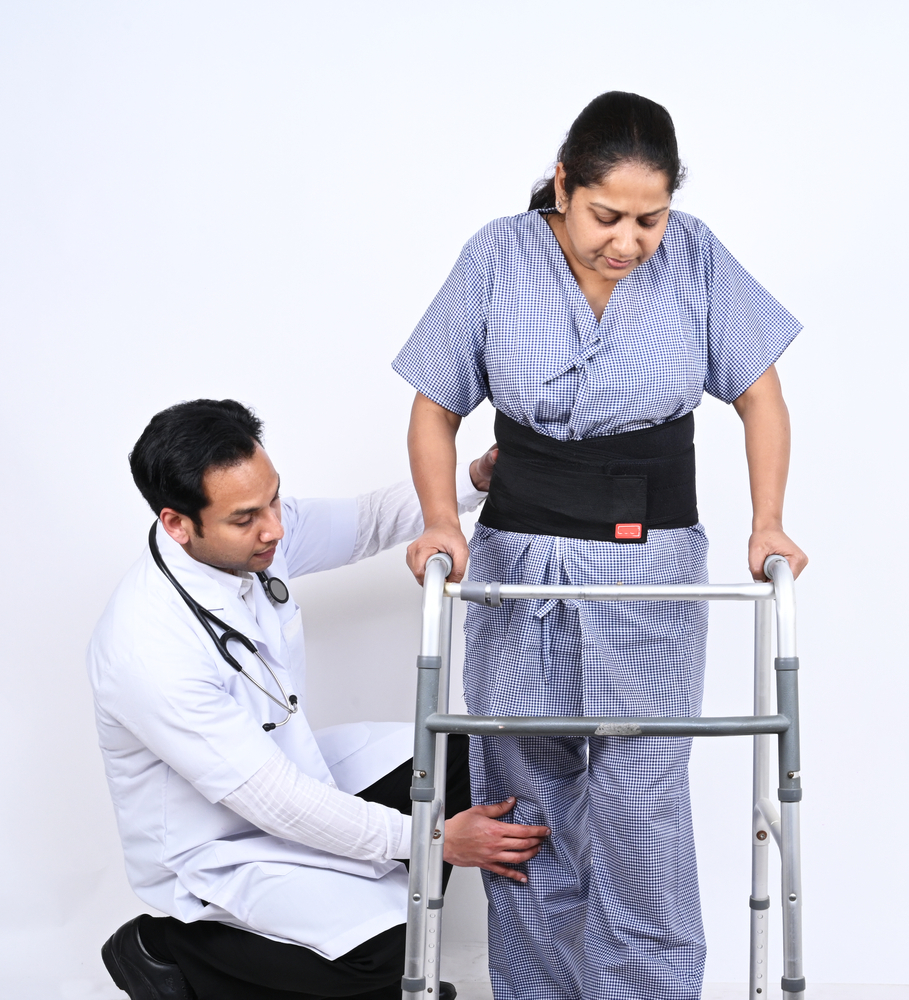
Rehabilitation
Rehabilitation BD: The Importance of Physical and Occupational Therapy for Recovery
Rehabilitation refers to the medical process of helping patients recover from injuries, illnesses, and surgeries. This process involves a combination of physical and occupational therapy, as well as other medical interventions, to help patients regain their strength, mobility, and independence.
Benefits of Rehabilitation BD
Rehabilitation offers numerous benefits for patients, including:
- Improved Mobility: Physical therapy and other forms of rehabilitation can help patients regain their strength and mobility, allowing them to perform daily activities more easily and independently.
- Reduced Pain: Rehabilitation can help to reduce pain, discomfort, and other symptoms associated with injuries, illnesses, and surgeries.
- Improved Function: Rehabilitation can help patients regain their physical function and independence, allowing them to return to work, school, and other activities.
- Improved Quality of Life: By improving mobility and reducing pain, rehabilitation can help to improve the overall quality of life for patients.
What to Expect from Rehabilitation
The type of rehabilitation that a patient receives will depend on their specific needs and the type of injury, illness, or surgery that they have undergone. Some common elements of rehabilitation include:
- Physical Therapy: Physical therapy involves exercises and activities designed to improve strength, mobility, and flexibility.
- Occupational Therapy: Occupational therapy involves activities and exercises that help patients perform daily activities, such as bathing, dressing, and cooking.
- Medications: Patients may need to take medications to manage pain, swelling, and other symptoms associated with their condition.
- Assistive Devices: Patients may need to use assistive devices, such as crutches, canes, or wheelchairs, to help with mobility and independence.
- Education and Training: Patients may need to receive education and training on how to manage their condition, perform physical therapy exercises, and use assistive devices. USSO CARE
How to Prepare for Rehabilitation
To prepare for rehabilitation, it is important to:
- Choose a Qualified Therapist: It is important to choose a qualified and experienced therapist to provide rehabilitation services, whether it is a physical therapist, occupational therapist, or other medical professional.
- Plan for Transportation: Patients may need help getting to and from rehabilitation appointments, so it is important to plan for transportation in advance.
- Stock Up on Supplies: Patients may need supplies such as assistive devices, pain medications, and other items, so it is important to stock up in advance.
- Make Arrangements for Home Care: For those who are unable to care for themselves during the rehabilitation process, it may be necessary to make arrangements for home care services.
In conclusion, rehabilitation is an important aspect of the recovery process for patients who have undergone injuries, illnesses, or surgeries. With proper rehabilitation, patients are able to regain their strength, mobility, and independence, allowing them to return to their daily activities and improve their quality of life. Whether you are receiving rehabilitation at home or in a healthcare facility, it is important to choose a qualified therapist and prepare in advance to ensure the best possible outcomes. Looking for elderly care?
Our Pricing Plan
- Stroke / neurological rehabilitation
- Sports rehabilitation.
- Vocational rehabilitation.
- Cardiac rehabilitation.
